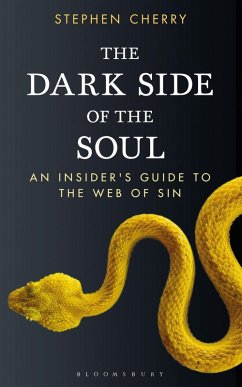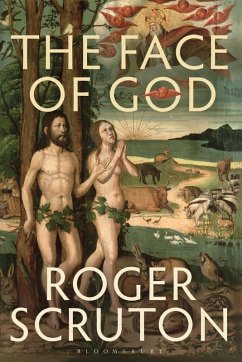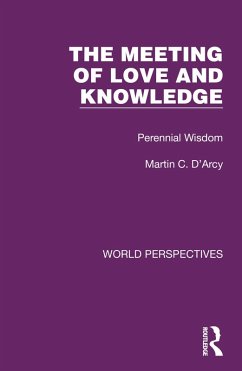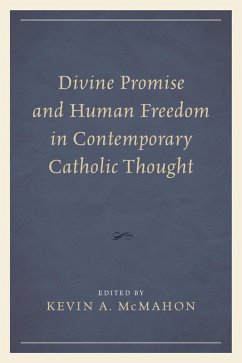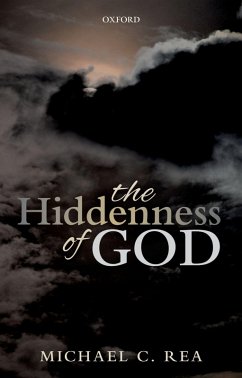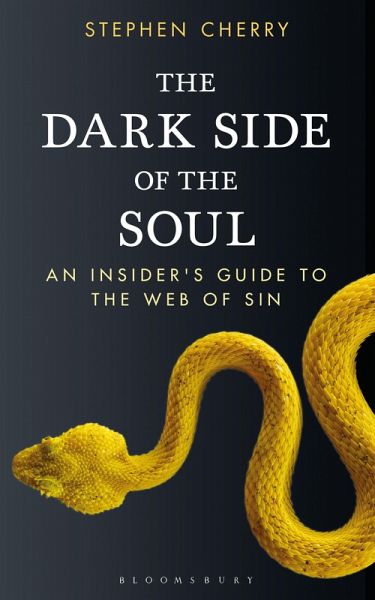
The Dark Side of the Soul (eBook, ePUB)
An Insider's Guide to the Web of Sin
Versandkostenfrei!
Sofort per Download lieferbar
11,95 €
inkl. MwSt.
Weitere Ausgaben:

PAYBACK Punkte
6 °P sammeln!
In The Dark Side of the Soul, the author explains and illustrates the 'Seven Deadly Sins' with contemporary examples. 'Sin' is an old-fashioned word for some startlingly contemporary problems. Far from being about trivial naughtiness or seedy self-indulgence, it's about the financial scandals that have rocked our world, and most of the ills that beset us today. In clear and accessible language, Cherry shows that the traditional Christian concept of sin is a vital tool in understanding what is wrong with human beings. Far from leading people into a guilt-trap, 'sin' is a healthy and truthful wo...
In The Dark Side of the Soul, the author explains and illustrates the 'Seven Deadly Sins' with contemporary examples. 'Sin' is an old-fashioned word for some startlingly contemporary problems. Far from being about trivial naughtiness or seedy self-indulgence, it's about the financial scandals that have rocked our world, and most of the ills that beset us today. In clear and accessible language, Cherry shows that the traditional Christian concept of sin is a vital tool in understanding what is wrong with human beings. Far from leading people into a guilt-trap, 'sin' is a healthy and truthful word that can help to set us free. Human beings are neither intrinsically evil nor congenitally inclined to virtue, but many of the problems and predicaments that trouble us today can be better understood, and more effectively resolved, if their deeper roots are taken into account. In this fresh interpretation, the author shows that, for example, our economic problems, and our fixation on financial criteria in decision-making, can be understood through the twin lenses of avarice and lust. Our obsessive busyness is a manifestation of sloth; and our desire to control, and our perfectionism, are outworkings of spiritual pride. Crucially, although sin is an important and necessary word for people to understand and come to terms with, it is never, in the Christian worldview, the last word.




